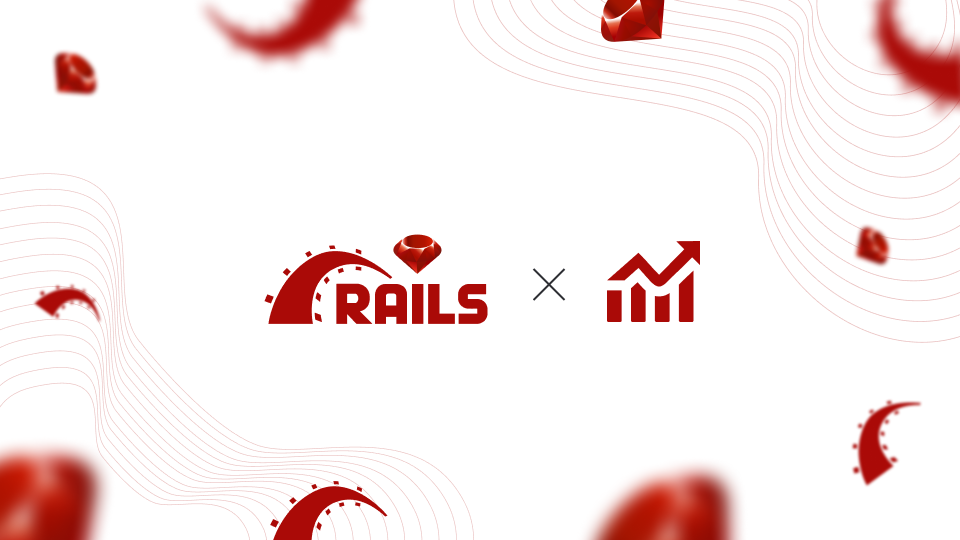
Remember, Ruby takes a large memory footprint. So, for example, to process 1G of data you might need 3G and more of memory.
model.all, rethink, is it good to load everything in memory? What if the table gets bigger and bigger.aggregate pipeline.activerecord::transaction when creating lots of rows. It’s not only protect data conformity but also perform batch actions.user.store_ids is faster than user.stores.map(&:id)model.find_eachFile.new, remember to file.closeIf you have a 1G of data in the table, ActiveRecord representation of it will take 2G and, in some cases, more.
Bulk update
Book.where('title LIKE ?', '%Rails%').update_all(author: 'David')To turn on application preloading, simply include this line into your unicorn configuration file:
preload_app trueRuby allocates memory in two heaps. All Ruby objects go to Ruby’s own heap. Each object has 40 bytes (on a 64-bit system) to store its data. When object needs to store more, it will allocate space in operating system’s heap. When object is garbage collected and then freed, the space in the operating system’s heap goes back to the operating system of course. But the space reserved for the object itself in Ruby heap is simply marked as free. This means that Ruby heap can only grow.
Limit memory in unicorn
class Unicorn::HttpServer
KIND_MEMORY_LIMIT_RSS = 150 #MB
alias process_client_orig process_client
undef_method :process_client
def process_client(client)
process_client_orig(client)
rss = `ps -o rss= -p #{Process.pid}`.chomp.to_i / 1024
exit if rss > KIND_MEMORY_LIMIT_RSS
end
end